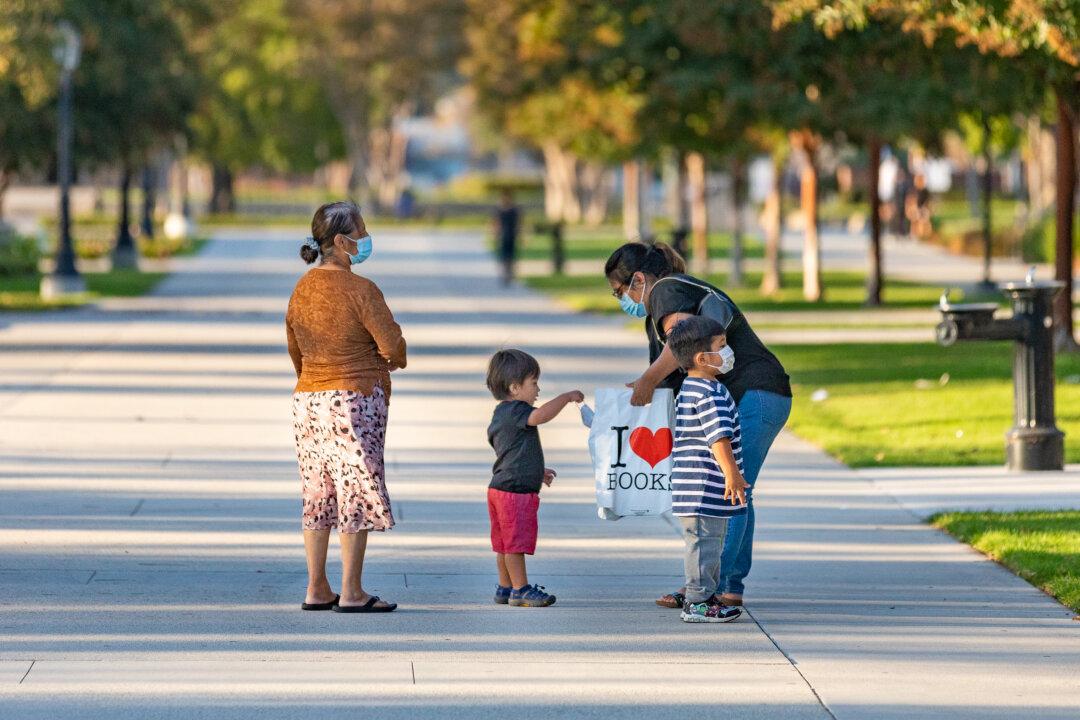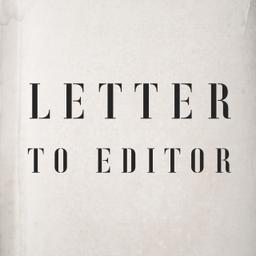I am a 67-year-old with a curious mind and zest for life. I have an advanced degree and over 40 years of experience in a wide range of positions—from stock boy and shoe factory worker to investment vice president and a stint as an assistant professor of business.
My best advice is to develop a life-long love of formal and informal (life lessons) learning with a focus on honing critical thinking skills and cultivating a sense of civility.



